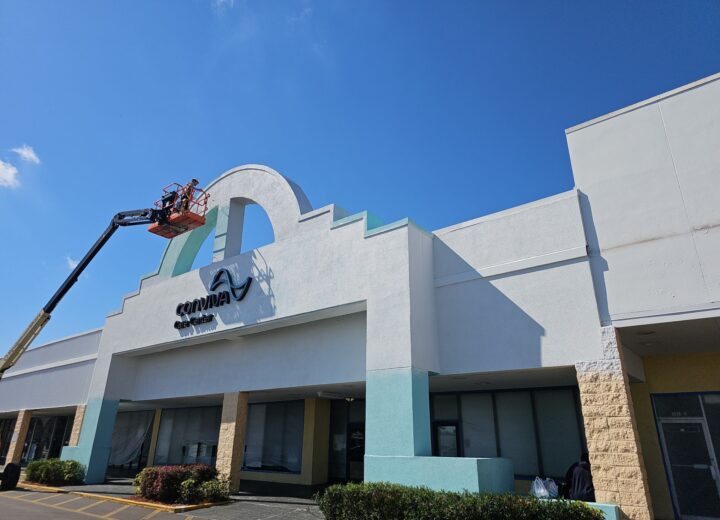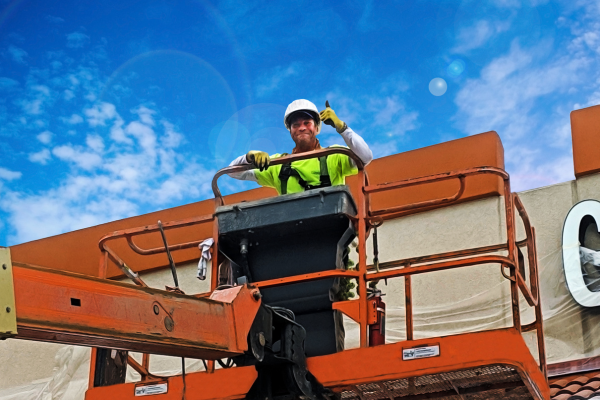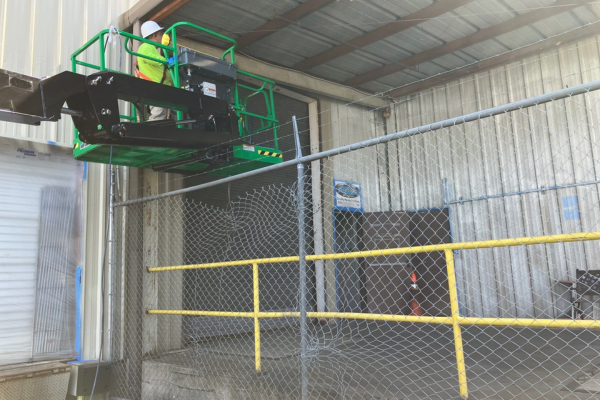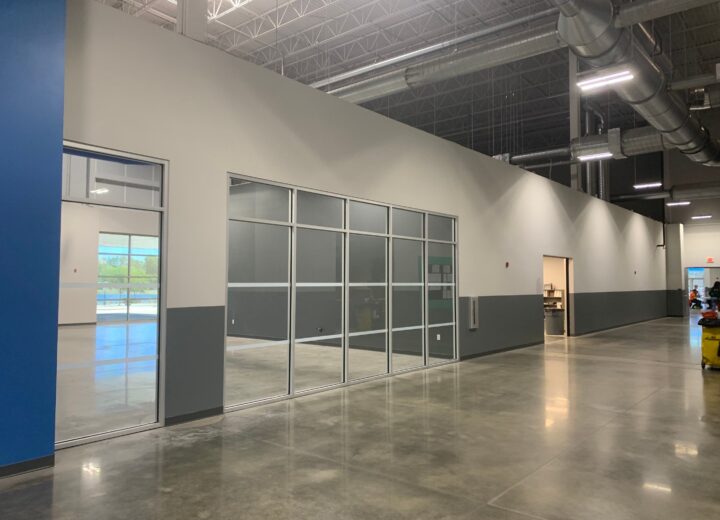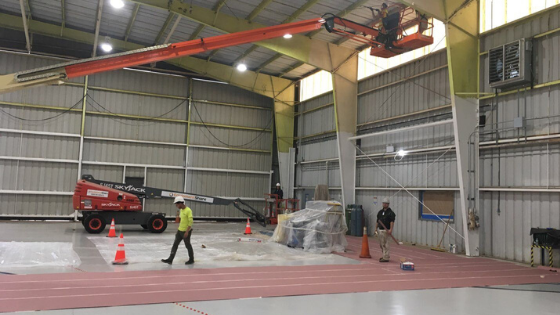
Over the last few years, advances in material science have increasingly been realized in the form of new industrial coatings. These coatings not only provide standard protection against hazards in the industrial environment but often enhance a substrate’s performance in other ways.
While some industrial coatings are very familiar, new options mean now is a wise time to assess your facility’s needs. Proper coating application is just one plank in an overall industrial maintenance strategy, but it is one that can result in tens of thousands of dollars in savings over time.
That figure is by no means dramatic when you consider that not only can industrial coatings extend the life of protected surfaces, but they may also prevent key equipment from suffering unexpected failure. Days of lost business opportunities can quickly add up while valuable assets are replaced.
Industrial Coatings Are Essential for Protecting Equipment Against Corrosion
Of all the dangers faced in the industrial environment, corrosion is perhaps the most far-reaching and ever-present threat. Corrosion can affect large liquid storage tanks and other industrial machines, creating the conditions for a sudden and potentially dangerous breakdown.
The National Association of Corrosion Engineers, the industry’s leading professional body established in 1943, has estimated that the annual cost of corrosion was more than $2.5 trillion, the equivalent of 3.4% the year’s global GDP in 2013. Up to 35% of that amount could be saved through anti-corrosion practices.
Corrosion is one of the biggest reasons to invest in industrial coatings. Corrosive action is most likely to take place in humid environments – especially around 70%-80% humidity – coupled with temperatures above 32°F. If your workplace matches these readings for all or part of the year, it’s critical to be on guard.
Applying direct to metal coatings or epoxy coatings to exterior equipment is generally the best approach to inhibit corrosion. Although direct-to-metal coatings are used most frequently for marine applications, they can also be advisable in humid tropical or coastal areas.
Direct-to-rust coatings have gained wider acceptance over time, buoyed by improved product quality. Direct-to-rust formulas can raise protection against weather and temperature extremes. Ferrous and non-ferrous metals can benefit, as can wood and certain plastics. In some industrial settings, however, it is important to remediate underlying rust before going forward with your coating project.
Epoxy and Urethane Coatings Can Prevent Abrasion in the Industrial Workplace
There is a good reason why epoxy’s most high-profile role is in epoxy floor systems. Epoxy is a durable and versatile coating that extends the life of surfaces subject to abrasion. Epoxy is growing in market share as more industrial leaders look for ways to prolong the life of an aging concrete slab.
Rather than polish existing concrete, which can lead to a slippery and potentially unsafe surface, a relatively thick layer of epoxy can be applied. Done correctly, this protects the underlying concrete such that it may never need to be replaced in the lifetime of the facility.
Safety painting becomes extremely simple and easy when you have an epoxy floor. A higher degree of traction reduces the likelihood of accidents. Different materials can be added to the flooring formula to produce the precise grip properties needed for your application.
Epoxy is quite popular in garages and logistical facilities. Vehicles of all sizes as well as wheeled pallets can benefit from the enhanced surface quality. Epoxy imparts additional compressive strength to the floor, so the risk of cracking under impact that concrete floors display is greatly alleviated.
Industrial Coatings Support Your Facility’s Safety Protocols
No matter the size or sector, industrial workplaces must adhere to the strictest OSHA safety standards. As substrates become worn out, the damage they acquire makes accidents more likely. Surfaces may chip, crack, or even fall away. The risk associated with equipment failure can be substantial.
Even if there are no reportable safety incidents caused by a substrate’s deterioration, you may still be subject to sanction from industrial safety bodies. In the most severe cases, the organization can face liability. Industrial insurance costs may rise and harsher standards might be enacted.
Your investment in industrial coatings not only protects you from these outcomes but can also control the overall cost of long-term maintenance. You will find fewer items in need of repair over the years and have more leeway to intervene when damage does occur, driving operating costs lower.
Don’t Overlook the Importance of the Right Coatings for Your Facility’s Longevity
Industrial coatings are easy to overlook, especially when everything is performing as expected. When applied and maintained correctly, however, this “invisible barrier” against industrial damage has tangible, bottom-line results. To realize those results consistently, be sure you work with painting contractors who understand your industry and how different areas of your facility are used, ensuring ideal coating selection.

